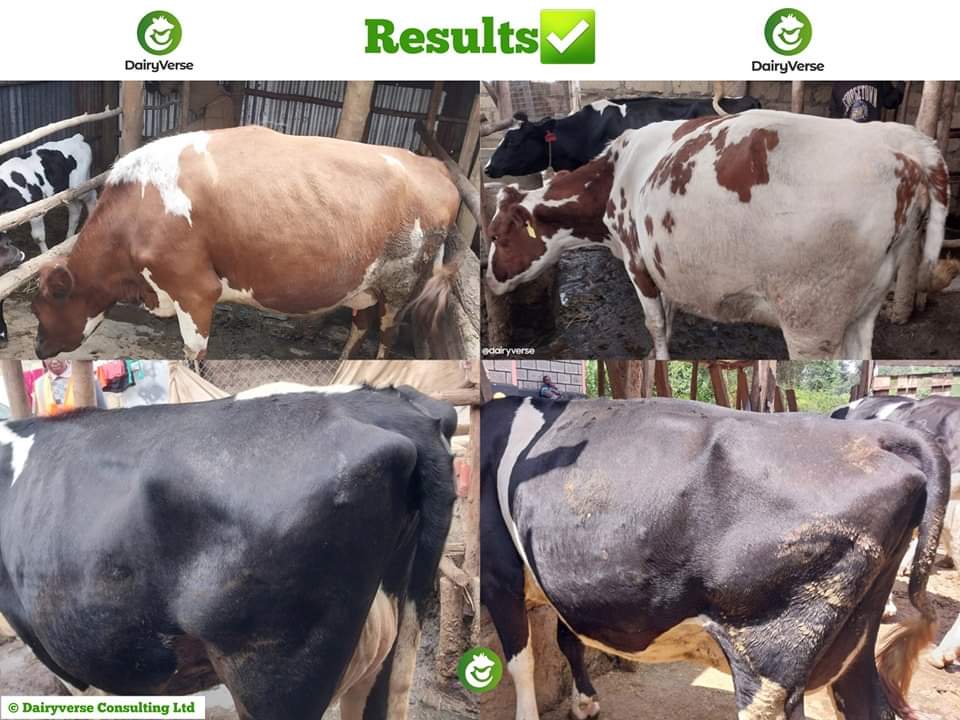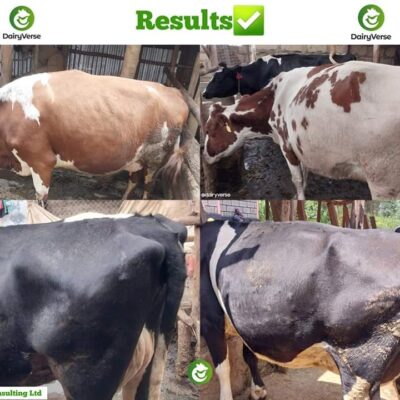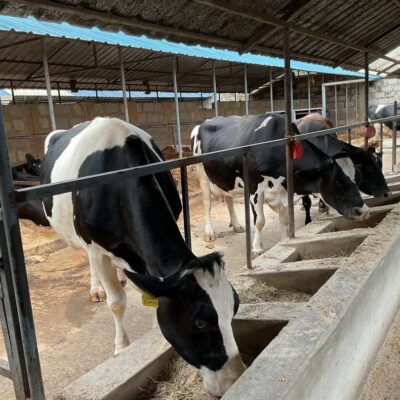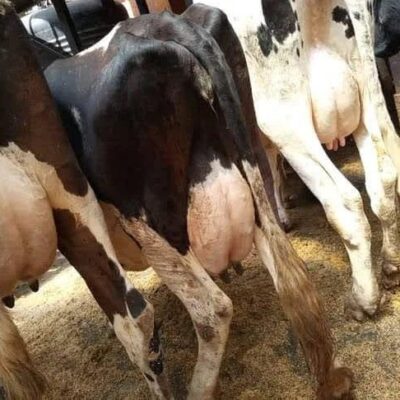Home-made Machicha Formula
Original price was: KSh 1,000.00.KSh 500.00Current price is: KSh 500.00.
The nutritional composition of machicha is particularly notable, boasting a high protein content that can significantly benefit milking cows. Typically, the protein percentage in brewer’s yeast can reach up to 50%, making it an excellent source of essential amino acids necessary for the growth and maintenance of dairy cows. Furthermore, machicha contains valuable vitamins, minerals, and other growth-promoting factors that enhance overall animal health and productivity
Free shipping on orders over $50!
- Satisfaction Guaranteed
- No Hassle Refunds
- Secure Payments
Description
What is Machicha?
Machicha, a term derived from Swahili, refers to brewer’s yeast, an essential by-product of the beer manufacturing process. This yeast is produced during the fermentation of grains such as barley, wheat, and corn, whereby the sugars within these grains are converted by yeast into alcohol and carbon dioxide. The resulting mash, once fermented, is rich in nutrients and is often utilized as a potent feed ingredient in dairy farming.
The nutritional composition of machicha is particularly notable, boasting a high protein content that can significantly benefit milking cows. Typically, the protein percentage in brewer’s yeast can reach up to 50%, making it an excellent source of essential amino acids necessary for the growth and maintenance of dairy cows. Furthermore, machicha contains valuable vitamins, minerals, and other growth-promoting factors that enhance overall animal health and productivity.
In Kenya, machicha holds profound importance in significant dairy farming areas like Githunguri and Kiambu. Here, farmers harness the practicality of using brewer’s yeast sourced directly from local breweries. This close proximity to production facilities not only reduces transportation costs but also ensures that the feed is fresh and readily available for feeding dairy herds. The use of machicha by farmers in these regions exemplifies an efficient recycling of beer production waste while simultaneously improving the nutritional status of their livestock.
Moreover, the inclusion of machicha in dairy rations aligns well with sustainable farming practices. By incorporating by-products like brewer’s yeast into livestock diets, farmers can enhance feed efficiency while minimizing wastage. This not only supports economic viability but also contributes positively to the environment by reducing the carbon footprint associated with feed production.
How to Make Machicha at Home
Creating machicha at home is an excellent way to produce a nutritious brewers’ yeast feed for dairy cows, especially for those lacking direct access to breweries. The process requires carefully selected raw materials that are both cost-effective and readily available. The primary ingredients needed include maize germ, pollard, bran, molasses, yeast, and toxin binders. Each of these components plays a significant role in the nutritional profile of the feed.
To begin the formulation process, measure the following ingredients: maize germ, pollard, bran, molasses, and yeast. Additionally, prepare a suitable toxin binder to incorporate into the mixture. Start by mixing the dry ingredients—maize germ, pollard, bran, and the selected toxin binder—thoroughly in a large container. This ensures an even distribution of nutrients.
Next, dissolve the yeast in warm water and add it to the dry mixture. The warmth helps activate the yeast, promoting fermentation. Following this, incorporate molasses, as it not only adds energy but also enhances the palatability of the machicha. Mix all ingredients well until they are uniformly combined.
After combining the ingredients, allow the mixture to ferment in a suitable environment. It is essential to store the mixture in a sealed container to avoid contamination. Monitor the temperature and maintain a warm environment, which promotes the growth of beneficial microbes. Typically, fermentation takes about 48 hours, depending on the ambient conditions.
Throughout the process, common challenges may arise, such as improper mixing or inadequate fermentation temperatures. To mitigate these issues, ensure all ingredients are mixed thoroughly and keep the fermentation area warm, ideally between 25-30°C. After fermentation, the resulting machicha is a wholesome feed that can significantly enhance the nutrition of dairy cows, contributing to their overall health and productivity.





Reviews
There are no reviews yet.